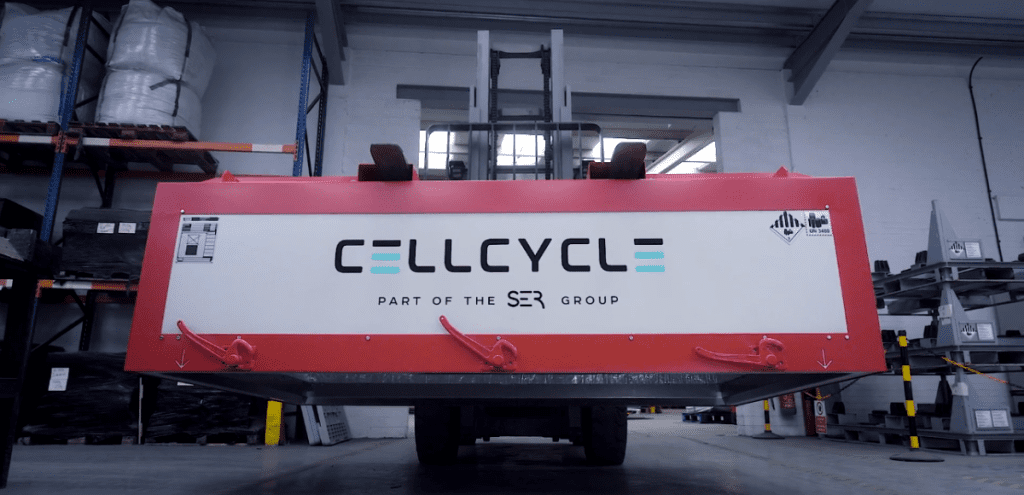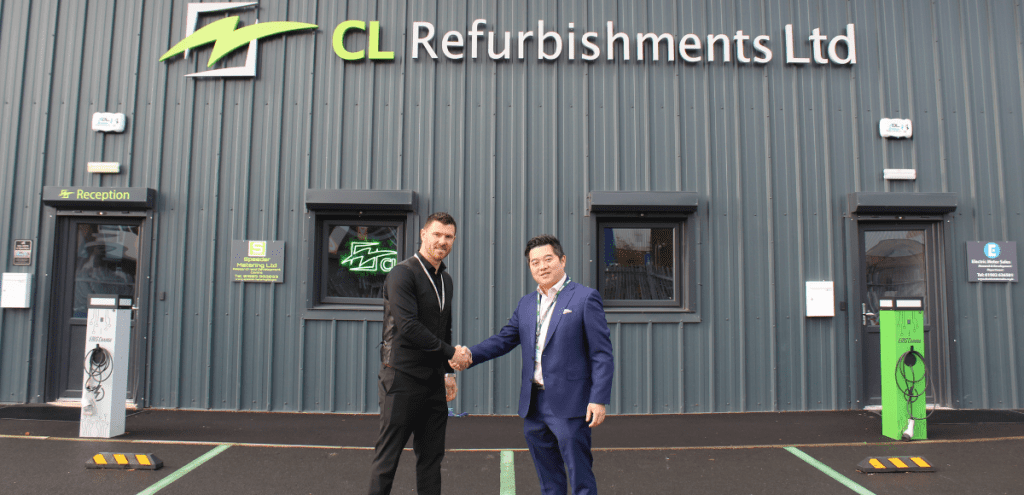The UK is steadfast in its commitment to achieving net-zero carbon emissions by 2050, with lithium-ion battery recycling playing a pivotal role in this strategy (GOV.UK). The government’s comprehensive approach encompasses policy initiatives, strategic investments, and collaborative efforts to foster a sustainable and circular battery economy.
Policy Initiatives Driving Lithium-Ion Battery Recycling
In November 2023, the UK government unveiled its Battery Strategy, aiming to establish a globally competitive battery supply chain by 2030. This strategy emphasises the importance of sustainable battery design, manufacturing, and recycling processes. A key component is the focus on developing a circular economy for lithium-ion batteries, ensuring that materials are efficiently reused and recycled, thereby minimising environmental impact. (GOV.UK)
To support this vision, the government has committed £50 million to strengthen the battery supply chain, with a significant portion allocated to advancing lithium-ion battery recycling technologies and infrastructure. This investment underscores the recognition that efficient recycling processes are essential for resource conservation and environmental sustainability. (automotivelogistics.media)
Addressing Technical and Policy Challenges
Despite these initiatives, several challenges persist in scaling up lithium-ion battery recycling in the UK. Current recycling techniques are often inefficient, labour-intensive, and can pose safety risks. There’s a pressing need for research into automated dismantling processes and the incorporation of recycling considerations into battery design. Recognising these hurdles, the government is actively seeking input from industry stakeholders to identify and overcome technical and policy barriers, aiming to enhance lithium-ion battery recycling capacity and efficiency. (GOV.UK)
The Imperative of a Circular Battery Economy
Projections indicate that by 2035, approximately 150,000 tonnes of lithium-ion batteries will reach their end of life annually in the UK. This anticipated surge necessitates the development of robust recycling infrastructure and policies to manage the impending volume effectively. Establishing a circular battery economy is not only vital for environmental sustainability but also for reducing reliance on imported raw materials, thereby enhancing the UK’s economic security. (The 2035 UK Battery Recycling Industry Vision)
Cellcycle’s Commitment to Sustainable Lithium-Ion Battery Management
At Cellcycle, we are dedicated to advancing the UK’s net-zero ambitions through innovative lithium-ion battery recycling solutions. Our mission is to develop and implement cutting-edge, LithiumCycle™ process that ensure the efficient recovery and reuse of valuable materials from end-of-life batteries.
Our services encompass comprehensive lithium-ion battery recycling processes, from safe collection and storage to the extraction of critical minerals, all designed to minimise environmental impact. With a focus on sustainability and innovation, Cellcycle is poised to support the UK’s transition to a circular battery economy, contributing to a greener and more resilient future.
By aligning with national strategies and addressing industry challenges, we are at the forefront of driving sustainable practices in lithium-ion battery recycling, reinforcing our commitment to environmental stewardship and economic sustainability.


